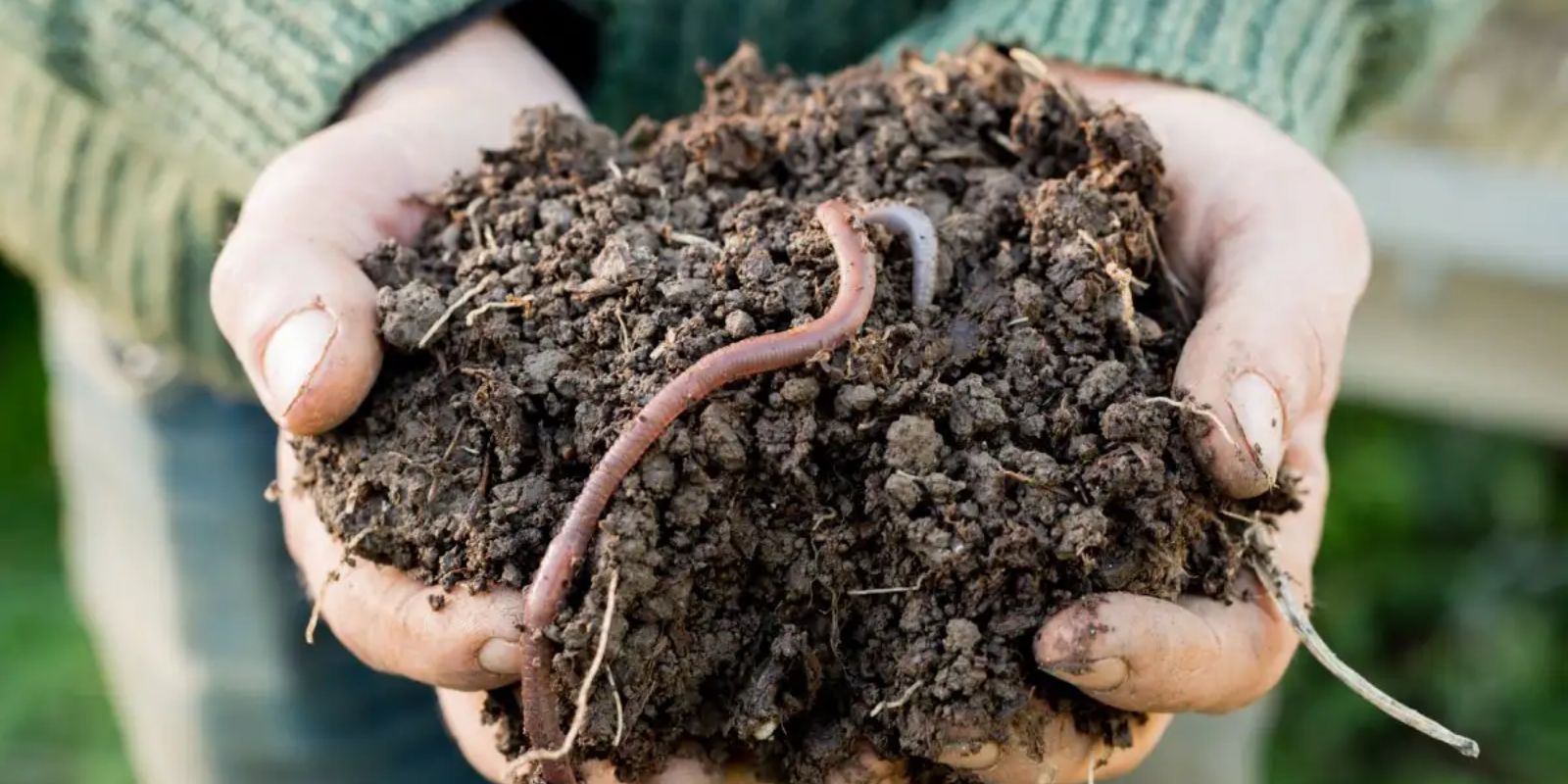Earthworms play a crucial role in maintaining healthy soil. These natural soil enhancers improve aeration, drainage, and nutrient availability, making them essential for a thriving garden. By increasing the number of earthworms in your garden, you enhance soil fertility and plant growth while reducing the need for synthetic fertilizers. If you want to attract more earthworms naturally, follow this comprehensive guide to creating the perfect habitat for them.
Why Are Earthworms Important for Your Garden?
Earthworms provide multiple benefits to garden soil, including:
- Improving Soil Aeration: As worms tunnel through the soil, they create channels that allow air and water to penetrate deeper.
- Enhancing Nutrient Availability: Earthworms break down organic matter and release nutrients in a form that plants can easily absorb.
- Increasing Soil Fertility: Their castings (worm poop) are rich in essential nutrients like nitrogen, phosphorus, and potassium.
- Improving Soil Structure: Worm activity helps prevent soil compaction, allowing roots to grow more freely.
- Supporting Microbial Life: Worms contribute to a healthy soil ecosystem by fostering beneficial bacteria and fungi.
How to Attract and Increase Earthworms in Your Garden
1. Add Organic Matter Regularly
Earthworms feed on decaying organic material such as compost, dead leaves, and decomposing plants. By continuously adding organic matter to your soil, you provide a food source that encourages worms to stay and multiply. Some great organic materials to add include:
- Compost
- Aged manure
- Shredded leaves
- Grass clippings
- Fruit and vegetable scraps
Tip: Avoid adding citrus peels or onions in large amounts, as they can alter soil acidity and discourage worm activity.
2. Keep the Soil Moist but Not Waterlogged
Earthworms need a moist environment to survive and thrive. Dry soil will drive them away, while overly saturated soil can drown them. To maintain the right moisture level:
- Water your garden regularly, especially during dry seasons.
- Apply mulch (such as straw or wood chips) to retain moisture.
- Choose a well-draining soil to prevent excess water buildup.
Tip: A good rule of thumb is to keep the soil as moist as a wrung-out sponge.
3. Avoid Chemical Fertilizers and Pesticides
Chemical fertilizers and pesticides can be harmful to earthworms, either by killing them directly or by destroying their food sources. Instead, opt for organic gardening practices such as:
- Using compost tea as a natural fertilizer.
- Applying natural pest control methods like neem oil and companion planting.
- Avoiding synthetic herbicides that can disrupt soil life.
Tip: Look for organic or slow-release fertilizers that won’t harm beneficial soil organisms.
4. Loosen Compacted Soil
Compacted soil makes it difficult for earthworms to move, feed, and reproduce. To create a worm-friendly environment:
- Avoid excessive tilling, which can disrupt existing worm populations.
- Use a garden fork to aerate the soil instead of a rototiller.
- Plant cover crops like clover or vetch to naturally loosen the soil.
Tip: If your soil is heavily compacted, consider raised beds or no-till gardening to promote worm activity.
5. Introduce Earthworms Manually
If your garden lacks earthworms, you can introduce them manually. The best types of earthworms for gardens include:
- Red Wigglers (Eisenia fetida): Great for composting and surface soil improvement.
- Nightcrawlers (Lumbricus terrestris): Excellent for deep aeration and nutrient cycling.
To introduce worms:
- Purchase them from a reputable supplier or a local bait shop.
- Release them into your garden in the early morning or evening when the soil is moist and cool.
- Cover them with organic mulch to encourage them to burrow into the soil.
6. Plant Cover Crops
Cover crops improve soil health by adding organic matter and reducing erosion. Some of the best cover crops to attract earthworms include:
- Clover
- Ryegrass
- Buckwheat
- Alfalfa
As these plants decompose, they provide additional food sources for earthworms and enhance soil structure.
7. Use Mulch and Leaf Litter
Mulching is a simple yet effective way to create a hospitable environment for worms. Organic mulch provides food, retains moisture, and moderates soil temperature. The best mulch options for attracting earthworms include:
- Straw
- Grass clippings
- Shredded leaves
- Wood chips
Tip: Avoid synthetic mulches, as they do not decompose or contribute to soil health.
8. Maintain a Balanced Soil pH
Earthworms thrive in slightly acidic to neutral soil (pH 6.0-7.5). To maintain an optimal pH level:
- Conduct a soil test to determine its pH.
- Add lime if the soil is too acidic.
- Incorporate organic matter like compost to maintain balance.
Tip: Earthworms naturally help regulate soil pH over time, so creating a worm-friendly environment will support long-term soil health.
Common Mistakes to Avoid
- Over-Tilling: Frequent tilling disrupts worm habitats and kills many worms in the process.
- Using Synthetic Chemicals: Harsh chemicals can reduce worm populations dramatically.
- Letting Soil Dry Out: Earthworms need moisture to survive; dry soil will make them leave.
- Adding Too Much Fresh Manure: While aged manure is beneficial, fresh manure can generate excessive heat and ammonia, harming worms.
- Forgetting to Mulch: Bare soil dries out quickly and offers no food source for worms.
Final Thoughts
Encouraging earthworms in your garden is one of the simplest and most effective ways to improve soil health and plant growth. By adding organic matter, keeping the soil moist, avoiding chemicals, and maintaining proper soil structure, you can create the perfect habitat for these natural soil builders.
Have you noticed an increase in earthworms in your garden? Share your experiences and tips in the comments below! 🌿🐛
#HealthySoil #EarthwormMagic #OrganicGardening #CompostLife #SoilHealth #GardeningTips #WormsForSoil #RegenerativeGardening

